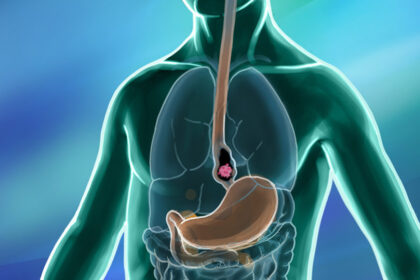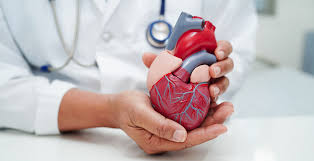Your primary care doctor may refer you to a cardiologist if you show signs of a heart condition. Whether you’ve been referred for symptoms, have a family history of heart disease, or are having a routine check, preparing ahead of time can make your visit smooth and productive. Here’s more information on preparing for your first visit to a cardiologist:
Exploring Reasons for Cardiologist Referrals
A doctor may suggest a visit to a cardiologist for several reasons. Your doctor may refer you if you have a family history of heart disease or if you are experiencing specific symptoms. Common reasons for a referral include:
- High blood pressure or cholesterol.
- Symptoms like chest pain, dizziness, or shortness of breath.
- An abnormal result on an EKG or another heart test.
- A personal history of conditions like diabetes increases the risk of heart disease.
Knowing the reason for your visit will help you prepare relevant questions for the heart doctor.
Preparing the Right Information
Bringing the right information to your appointment is fundamental for a thorough evaluation; it provides your cardiologist with a full picture of your health. You should gather all relevant medical documents and personal health information before your visit. Make sure to compile a list of medications you currently take, including over-the-counter drugs and supplements.
Write down any symptoms you’ve experienced, noting when they occur and how long they last. It is also helpful to include details about your diet, exercise habits, and any history of smoking or alcohol use. If other members of your family have had heart problems, this information is also key to mention during your appointment.
Navigating the First Appointment
During your first visit, the cardiologist will conduct a comprehensive evaluation to assess your heart health. The heart doctor will start by reviewing your medical history and discussing your symptoms, then perform a physical exam. The physical examination usually involves:
- Checking your blood pressure and heart rate.
- Listening to your heart and lungs with a stethoscope.
- Examining your body for signs of fluid retention, such as swelling in your legs.
Based on this initial assessment, the cardiologist may order further tests, such as an electrocardiogram (EKG) or a stress test. These diagnostic tools provide detailed information about your heart’s function and assist the doctor in making an accurate diagnosis.
Maximizing Your Visit
To get the most out of your visit, you should actively participate in the appointment. Prepare a list of questions you have for the cardiologist beforehand, and don’t hesitate to ask for clarification if you do not understand something. Taking notes during the consultation can help you remember the cardiologist’s recommendations and any follow-up care instructions. Be open and honest about your lifestyle and symptoms. This information allows the heart specialist to provide the best possible advice for your specific situation.
Consult a Cardiologist Today
Preparing for your first visit to a cardiologist requires gathering your medical information, understanding what to expect during the appointment, and being ready to ask questions. This helps the heart doctor accurately assess your health and develop an effective treatment plan. For concerns about your heart health, contact a certified cardiologist near you to schedule your consultation today.









